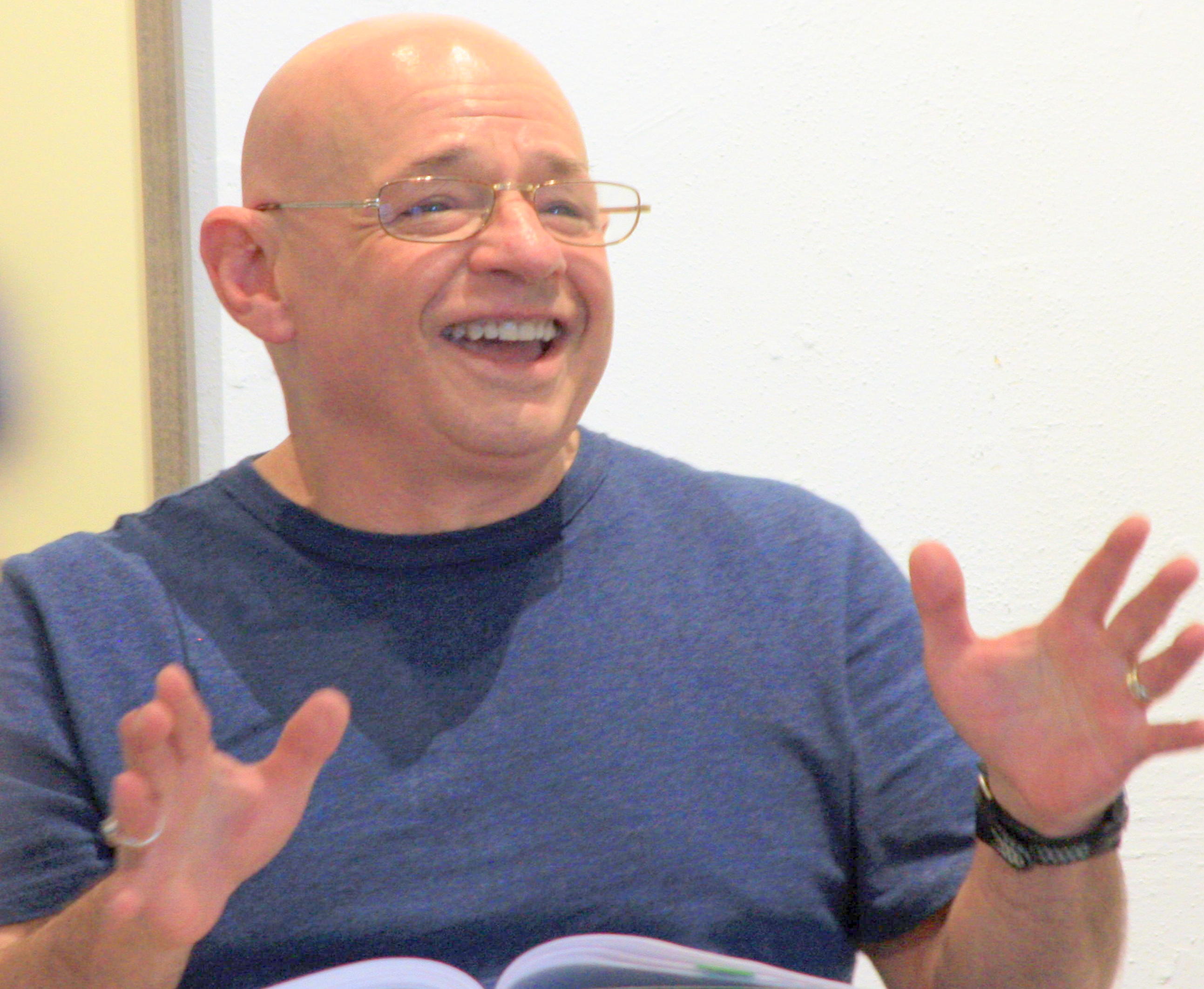|
Hestia
What you create - the bad? the good? -
creates you, sowing the grace of song,
but not like any god or goddess.
You tend the kettle and have no time for the pantheon,
or darkening blood, or available light, or gas lawnmower,
or obsession, or uterus.
A parallel life pressed against glass, hair pulled back,
the loose strands like wild roots touch everything,
your hands, nothing, and the soul never again.
It spreads like a bruise, like want, river or god,
barnacle or bread, the first time we speak
with the cloud or like a moth burn in the sky.
The lightning comes from behind, where the young
discover their nakedness, depart and do not stop -
the smile, the rancher, the slow dog, the horse tripped
with a rope, the artless loon, the blind judge -
we dream together alone, do not know or forget or cease,
and gathering the seed of what's good for us, we let go.
One night, late, in the rain and in the doorway,
you will recognize this burning city
as your own. I want to be with you, Hestia.
Your soul like a butterfly chooses the transparent world,
and you leave forever
to feed the sun's hearth.
Your body drips languor, you bleed and sweat
and endure what directs or murders us all.
This time, again, a woman is imprisoned
in the gauze of selflessness -
your fire's light changes what remains,
what we take and only now learn how to give.
published in Tiferet, April 2014, print and online
Other Gods (LXII)
The white gods sleep
in the books:
the starch has shattered them, the cold
devoured their eyes,
they survive without the clarity of then
and scarcely a memory remains
of love between the thighs.
The broken statue
kept no lightning bolts around its waist.
The whiteness burned out.
Nevertheless, know ye, tired
marble-kneed heroes:
the rigid gods
of the ocean islands
or the bristly one, covered with feathers,
bloodstained
deity of Africa,
scowling in its mantle
or naked in celebration of the species,
wild tribal animal or totemic heart,
drum, shield, lance that lived in the thickness
or beside black rivers that were crying,
they went on burning, living,
modern, ancestral,
full of blood and dreams and sound:
yet they still have not sat upon the throne
like specters of marble
born of the foam,
instead they carry on in the shadows
their somber battle.
Pablo Neruda, translated by William O'Daly
from The Hands of Day, Copper Canyon Press, 2008
For Kawamura Yoichi
On the tenth anniversary of your death
the lavish bamboo drops a full moon
of yellow petals, little tongues
singing the ancient songs
to whomever will listen-
the nighthawk gives all he has,
opening his eyes among the blue stars,
Buddha sits among angels beside the wild river
and laughs, touching mountain and cloud,
and a new generation waits to blossom
with the green rain of distant Samsara.
Originally published in Sacramento News and Review
|

|